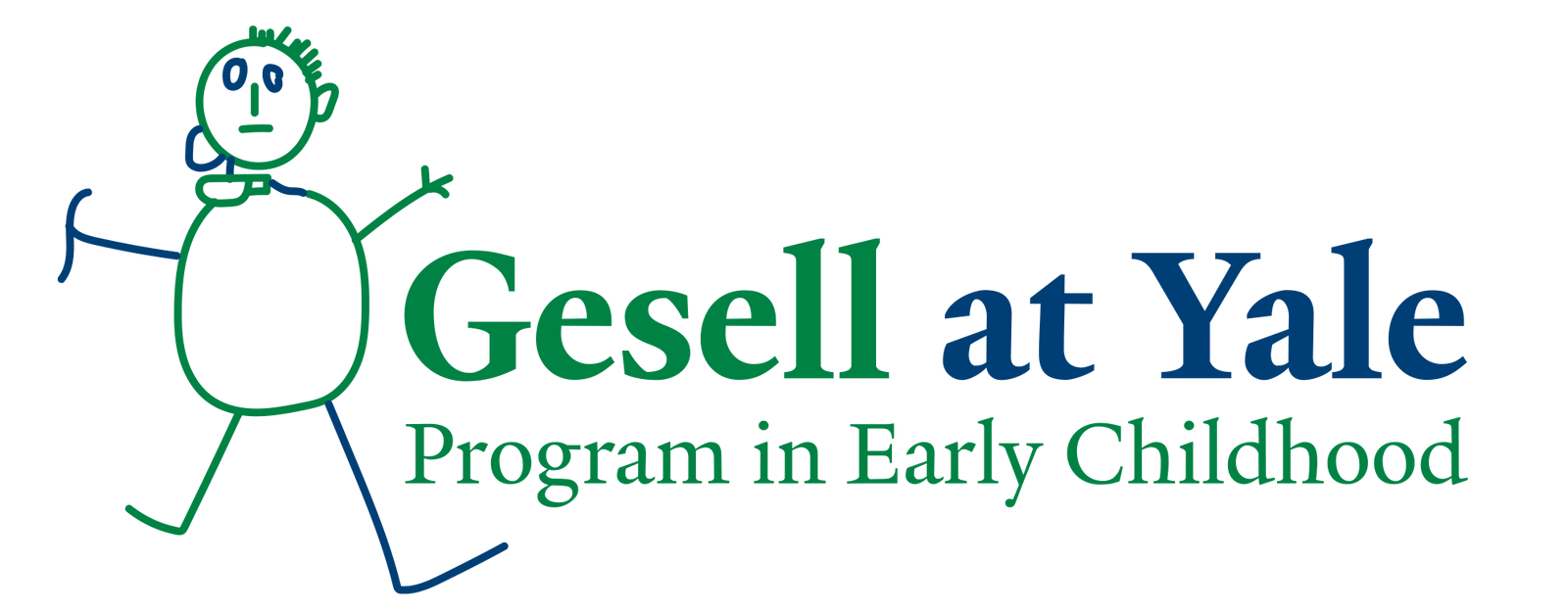Coaching Sample Plan
In addtion to our Sparking Wonder Play Based Learning Program and our Developmental Assessment Coaching Plan, individualized coaching and consultation plans may be designed. For example, see this sample plan.
September through June (school year)
While content based PD (like our proposed sessions below) is integral to educating and growing knowledge in teachers, coaching engages teachers directly in designing and trying out teaching strategies and put new skills into practice and strengthens the connection of the PD to teachers’ classrooms and students.
Gesell Program Coaches will “adopt” 10 classrooms for the duration of the program.
- Each classroom is partnered with 1 -2 trainers
- Each classroom is observed/visited for 4 partial days during fall and again for 4 partial days during Spring
- Each classroom receives an additional 6 hours of follow up mentoring by phone and email between the two visits.
- A summary report will be offered by each trainer for each classroom, assessing goals and progress over the year.
Case Management:
September through June (school year), 2 hour monthly meeting
Gesell expert staff will manage and participate in monthly case management meetings with existing support staff, using a Gesell case management process that has positively impacted child outcomes and teacher approach.
2 Hours / Monthly Meetings (10 meetings total)
Accountability / Follow Up: 4 Hours / Month with any parties related to the monthly case
Professional Development Sessions:
May choose from any of these offerings (or other upon request) that fit your PD needs.
Leadership Development:
2-Hour PD for Program Leaders: Organizational, Culture, and Climate Strategies
Summary:
Leadership structure and preparation for implementation including culture, collaboration and accountability
Goal:
Program Leaders will be “bought into” the professional development and mentoring plan through a process of engaging them in defining needs and suggesting strategies.
Introductory “Stages of Child Development” Training for all teachers - full day (multiple trainings may be needed depending on size of staff)
Summary:
Provide research-based guidelines for those who care for and work with young children setting appropriate expectations for young children at each stage of growth and development. Within these guidelines are important associations for social and emotional learning at each stage of development.
Goal:
Teachers will gain the foundation necessary for setting realistic expectations, engaging in best instructional practices, curricular planning, and designing effective classroom environments. And importantly, know which behaviors to “let go” of, understanding they are just typical child development.
Understanding, Preventing and Dealing with Challenging Behaviors - full day (multiple trainings may be needed depending on size of staff)
Summary:
Learn about executive function skills, including self-regulation, and how they impact child behavior as well as the caregiver’s ability to deal with challenging behaviors.
Goals:
Teachers will understand the physiology of a “meltdown” in order to prevent and deal with the occurrence of one. They will learn strategies to facilitate the development of a child’s executive function skills by establishing routines, modeling social behavior, and creating and maintaining supportive, reliable relationships.
The Witness, not the Judge: Inspiring Wonder in Child Observation - full day (multiple trainings may be needed depending on size of staff)
Summary:
In this training we offer evidence based practices on how to become interested and non-judgmental observers of the weird and wild ways of children. Specifically, we will address how to frame behavior not as a positive to be praised or negative to be punished, but rather as clues to inform us of how to best meet the needs of each individual child.
Goals:
Teachers will shift their perspective on behaviors from “challenging” to “curious” and gain observational tools that will allow them to use child behavior as data to inform instruction and best meet the needs of individual children and groups.
